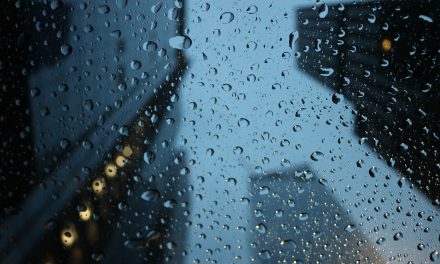A pilot project on the Mississippi River is testing the possibility of using freshwater mussels as early warning detectors of water quality issues. Mucket mussels, which filter nutrients by taking in water through a slight gap in their shells, are very sensitive to changes in their environment. They will clamp down if they sense certain contaminants in the water.
With grant funding and technical support from the U.S. Environmental Protection Agency (EPA), the cities of Minneapolis and Moline, Ill., are evaluating whether the freshwater muckets can be used as biomonitoring systems for approximately 20 cities that use drinking water from the upper Mississippi River.
Since the mussels — which are kept in tanks at a Minneapolis Water Works biomonitoring station — also periodically close their shells, each mussel’s habits are being analyzed to determine variations between normal behavior and responses to toxins. EPA scientist Joel Allen is developing an algorithm to identify the point at which a critical mass of mussels reacts to a contaminant.
Minneapolis Water Works Water Quality Manger George Kraynick wants to develop an alert system notifying plant operators should the mussels detect contaminants.





